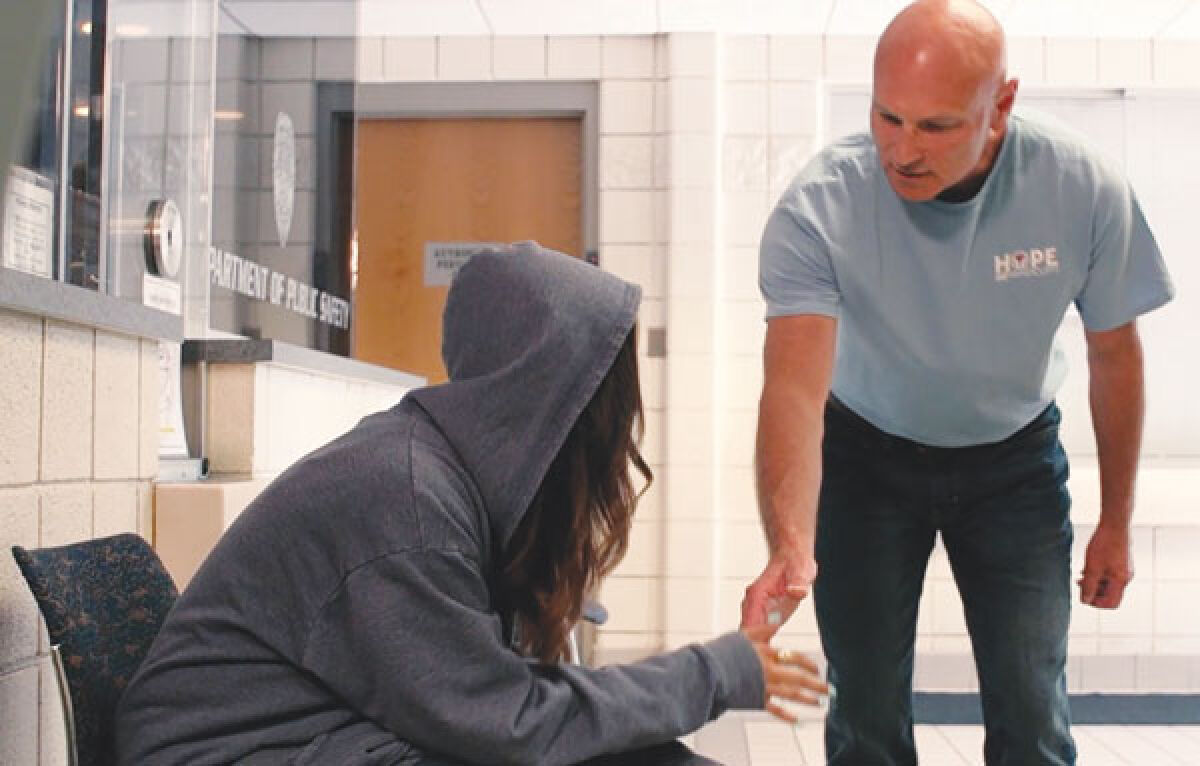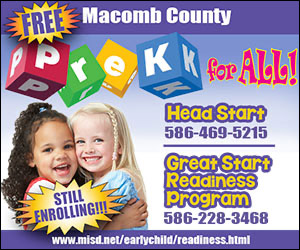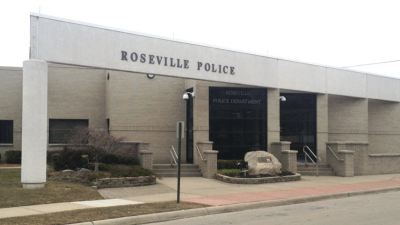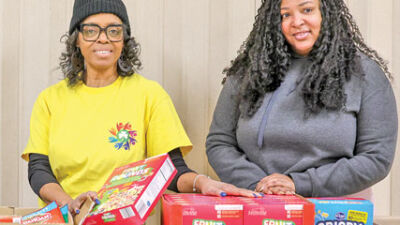MACOMB COUNTY — Families Against Narcotics, a nonprofit based in Macomb County, is putting out a call for volunteers known as “angels” for its Hope Not Handcuffs program.
Hope Not Handcuffs is an initiative to encourage those suffering with addiction to seek help without the fear of being charged. Police departments can elect to join the program and then refer those who voluntarily come to the station seeking addiction aid, with the promise of not charging them if they are not suspected of a violent crime.
“Law enforcement is trying to change,” said Kim Baffo, the program director of Hope Not Handcuffs. “They realize that locking people up doesn’t affect the problems of addiction. They are trying to step up, and some even let us use their facilities to train our volunteers or run our programs.”
The volunteers needed by the organization would primarily be those who go out to police stations and meet with those who are seeking assistance and walk them through the intake process.
“They greet the individual with compassion,” explained Baffo. “They go to the police department after a department contacts our call center. The (FAN) intake process goes through what their substance abuse disorder is typically like, their drug of choice, if they have family or pets or anything that would need (to be cared) for if they decide to go get treatment at a treatment facility. They ask if they want a peer recovery coach. It’s about bridging the gaps in this process of seeking help without judgment.”
The help offered can include a wide range of options such as residency-based facilities, outpatient facilities, regular meetings with peer recovery coaches and therapy visits.
Anthony Elia is one of Hope Not Handcuff’s intake specialists. Having gone through addiction recovery and treatment himself, he said he is able to understand many of the things those seeking help are often going through.
“When I walk in and start talking with them, I gauge their need for help and their urgency. I hear them out, I make sure I am someone I can lean on,” he said. “Being a person in recovery, I can relate to their situation. I am an open ear, and I share my story with them so they know that this process can work and things can get better. Active addiction can cost them their house, their job, their family and I tell them they get their life back. Being relatable helps so much.”
Elia said that having someone there who can tell them what the process of recovery can be like and what they can expect can make a huge difference, since uncertainty about how to address their issues can be one of the biggest hurdles to seeking help.
“They might not know where to start,” he said. “When someone is struggling with substance abuse disorder, they don’t know what to do or how things can be better. I talk them through their options and help make them feel less helpless. Our peer recovery coaches can help, the treatment facilities can help, our community resources can help.”
“They start off with a brief hour-long training,” said Baffo. “Other volunteers get additional training online. Other volunteers can do something as simple as help at meetings or follow up at police stations to see what materials need to be replaced in our blue bins which offer information, Narcan, or just simple necessities like soap or shampoo.”
The nature of their treatment is entirely voluntary and depends on what is best needed to address that individual’s need.
“The facility they go to depends on their insurance,” said Baffo. Where they go can depend on where they live. There also are places we can get people into if they don’t have insurance. In the past, we’ve even put people on a plane to go to a treatment center out of state. We don’t stop until that person seeking help is placed.”
At least 125 police departments in Michigan have already joined the Hope Not Handcuffs program. Specific departments can be found on FAN’s website.
“We’ve already assisted close to 8,400 people since 2017,” Baffo said. “People can handle things at home before going to treatment, as well. Some of these decisions aren’t planned, so they might need to talk to their family or make sure a pet is getting fed and so forth. We will transport them as needed.”
FAN members are hoping more people in the community will help them meet the need for volunteers, noting that empathy and treatment will always be more effective at addressing problems such as drugs and alcohol, rather than incarceration.
“When I was volunteering as an angel, it gave me a sense of purpose, it gave me a sense of urgency to give back to my community and it gave me help in my own recovery,” said Elia. “It’s much better on the side of sobriety and we take things one day at a time. There’s hope in recovery. There is so much community support available and FAN has so many resources to help people with recovery.”
For more information on how to become a volunteer, or to apply, those interested can go to familiesagainstnarcotics.org/hopenothandcuffs-angel, email hnh@familiesagainstnarcotics.org, or call (833) 202-4673.
 Publication select ▼
Publication select ▼



























